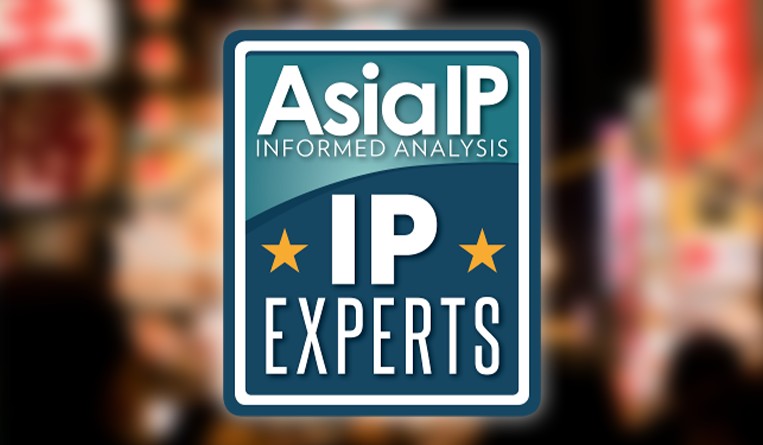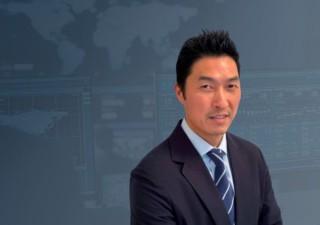Japan's IP Experts
31 July 2021

Geopolitics may be pushing Japan and the United States closer than any time since the end of World War II.
A paper published by the Carnegie Endowment for International Peace in Washington on July 29, 2021, declares that “in both Japan and the United States, there is a growing recognition that national security and alliance security involve more than just military concerns and extend to new technology areas and their economic effects.”
Looming over the two allies, Carnegie says, is a wide-ranging question of how to enable greater science and technology research collaboration for commercial and defense purposes, involving such fields as artificial intelligence (AI), quantum information science (QIS), cybersecurity and space utilization.
“Competing domestic political and economic considerations in each country make this a particularly complex challenge for policymakers, who can be expected to treat the international sharing or sale of assorted technologies differently. Still, there is little doubt that it is in the mutual interest of Japan and the United States to harmonize their approaches and find acceptable ways to enable deeper and broader science and technology collaboration – and to do so expeditiously,” the paper says.
The paper delves deeply into the importance of intellectual property in the expanding relationship between the two countries, particularly in the realm of secrecy orders. Japan and the United States have quite different ways of designating national secrets – while the United States provides classification authority for information related to a broadly defined category of national security, which could include economic or technology factors, Japan does not. The list authorized through Japan’s Act on the Protection of Specially Designated Secrets (SDS) is quite specific, and it is considered a positive list, meaning that items not listed do not qualify.
Despite such differences, it is safe to say that increased technological cooperation between Japan and the United States will involve significant amounts of classified and unclassified intellectual property, which will provide challenging work environments for IP lawyers on both sides of the Pacific.
With this in mind, we turned to IP professionals in the region in order to understand better what clients need today. Asia IP asked a large number of professionals – mostly in-house counsel and corporate legal managers – what they were looking for from their legal service providers. From their answers, we have compiled our list of 50 Japan IP Experts, those lawyers who understand just what their clients need and are able to provide them with the best practical advice.
Today’s clients are looking for more than just a degree from a top-notch university and a couple of decades of practice. In order to be an outstanding provider of intellectual property advice, a lawyer must also be capable of understanding how intellectual property impacts the rest of his client’s business, and be able to provide practical, real-world, business-savvy advice. She must be able to provide sound advice on the current law, but also needs to be able to understand coming trends which are likely to impact her client’s business.
Unlike days past when she might have played just a bit role, today’s IP Expert is every bit a full-fledged team member.
Japan’s intellectual property market features several major players, and lawyers from those firms are well-represented on our list: Anderson Mori & Tomotsune and Nakamura & Partners each landed four lawyers on the list, while Abe, Ikubo & Katayama, Hiroe & Associates and Nishimura & Asahi each placed three. Lawyers working for global or international law firms, or the Japanese offices of such firms, including Baker McKenzie, Hogan Lovells, Jones Day and Morrison & Foerster, each of which have strong IP practices and boast strong individual members of their IP teams, were not considered for inclusion on this list.
But while big firms may have the lion’s share of the international IP market, Tokyo is also a place where a hard-working small or mid-size firm can also see great success. In fact, 26 different firms placed either one or two lawyers on the list, showing both the depth and the breadth of the skill of the country’s IP Experts.
Most of the lawyers named to our list have multiple practice specialties. Many of them are litigators, while others concentrate on prosecution work or provide strategic advice.
All of them have something in common: they are experts in their fields and, in one way or another, they provide extra value for their clients. They are Asia IP’s Japan IP Experts.
Japan’s IP Experts is based solely on independent editorial research conducted by Asia IP. As part of this project, we turned to thousands of in-house counsel in Japan, Asia and around the world, as well as Japan-focused partners at international law firms, and asked them to nominate private-practice lawyers including foreign legal consultants, advisers and counsel.
The final list reflects the nominations received combined with the input of editorial team at Asia IP, which has more than 40 years of collective experience in researching and understanding Japan’s legal market.
All private practice intellectual property lawyers in Japan were eligible for inclusion in the nominations process; there were no fees or any other requirements for inclusion in the process.
The names of our 50 IP Experts are published here. Each IP Expert was given the opportunity to include their biography and contact details in print and on our website, for which a fee was charged.






